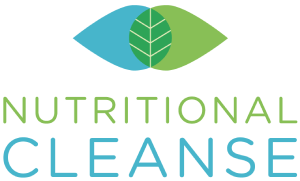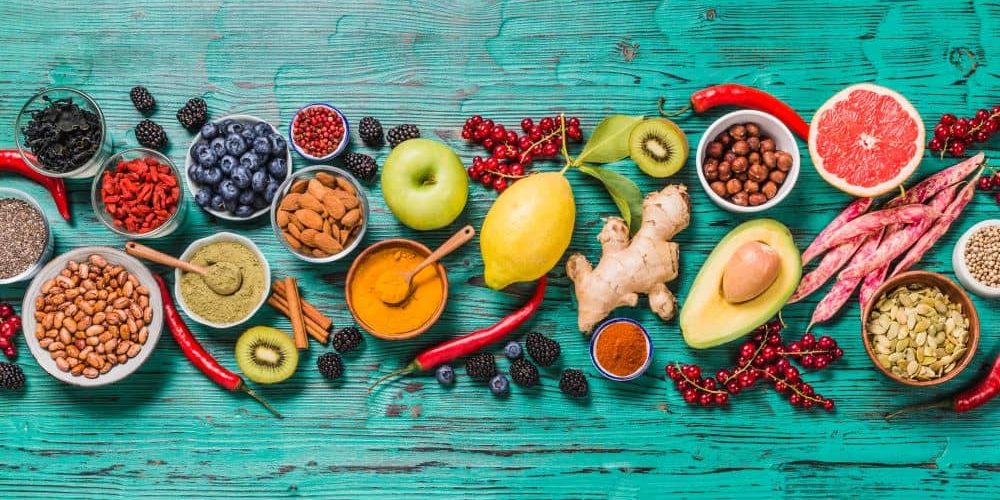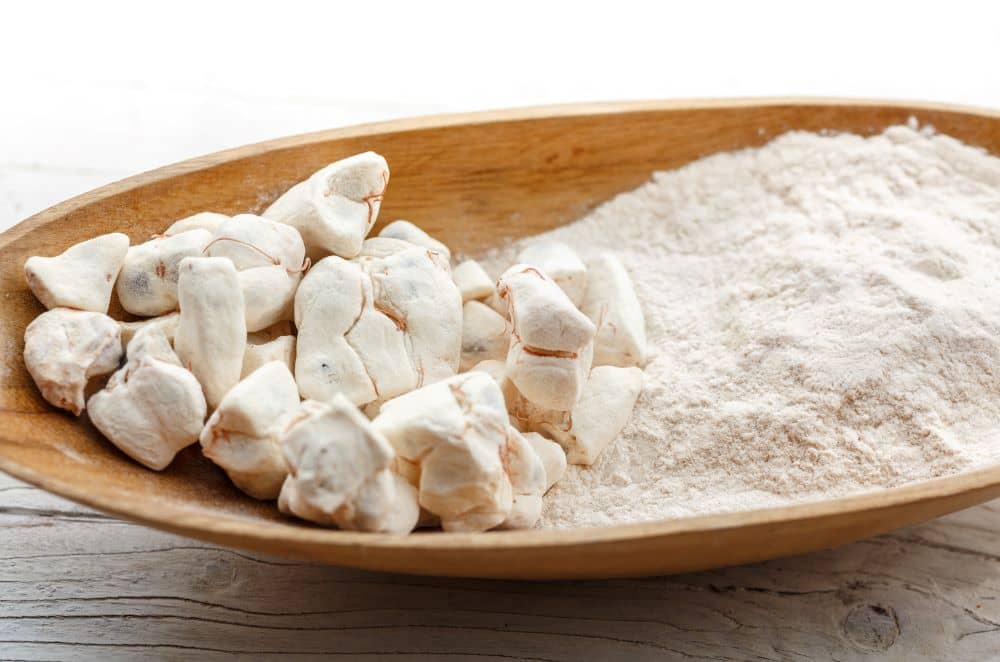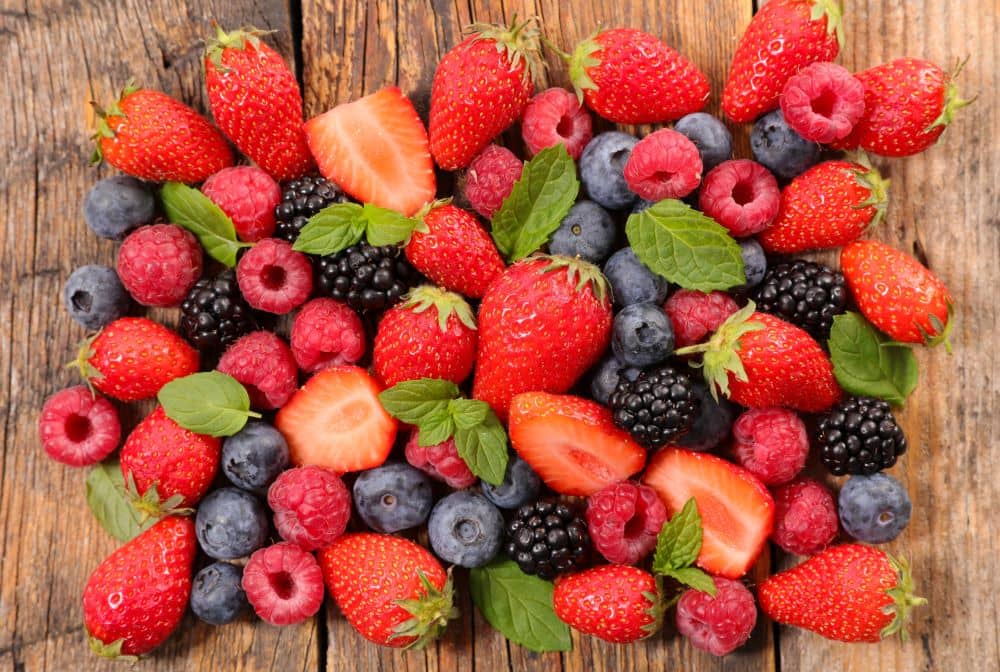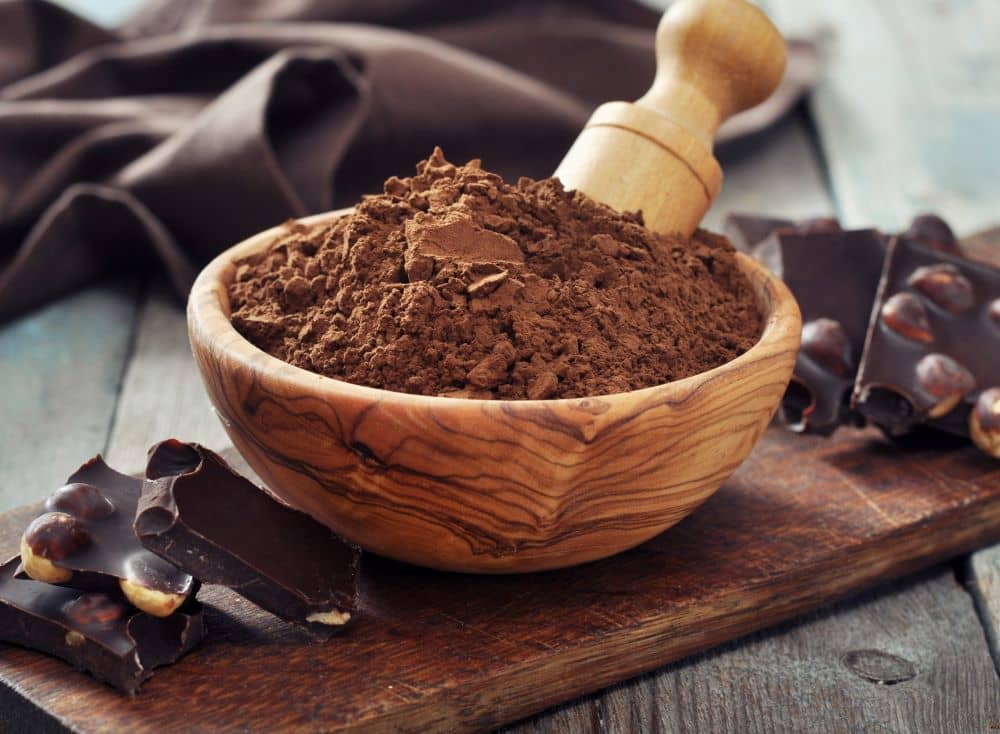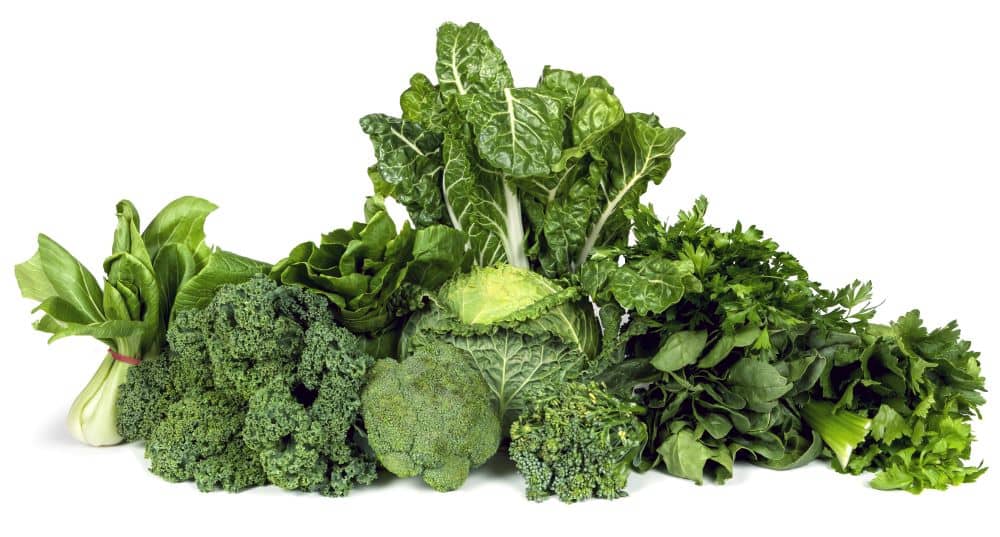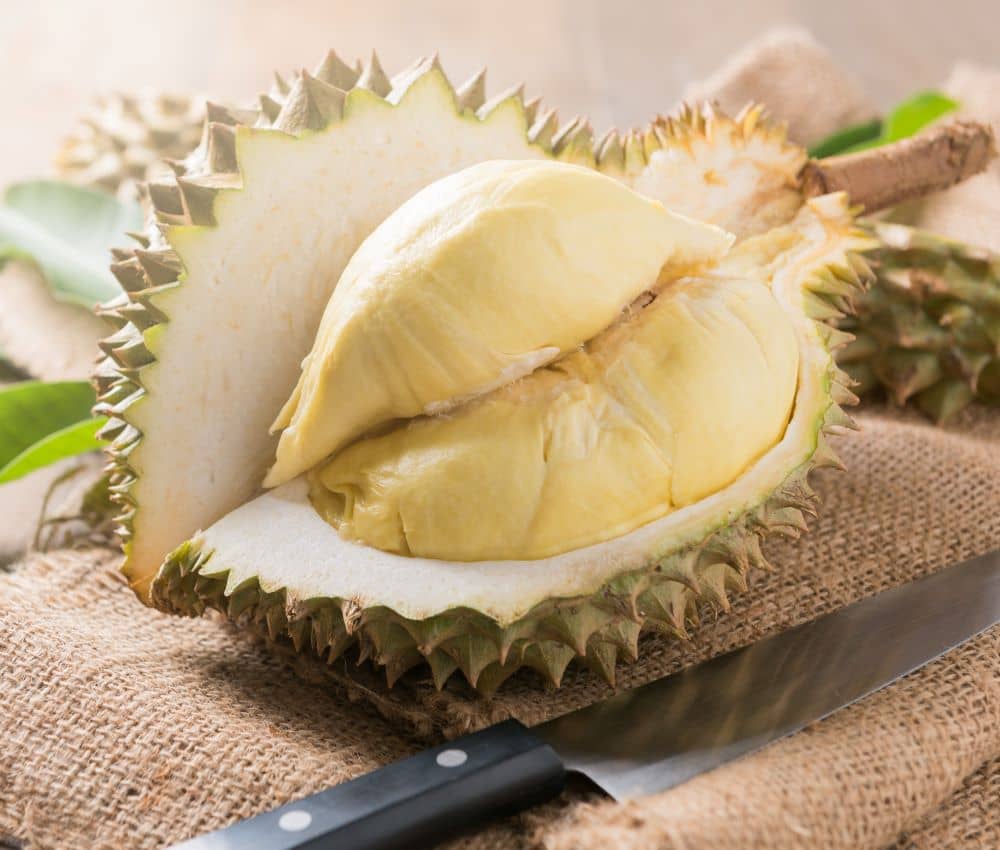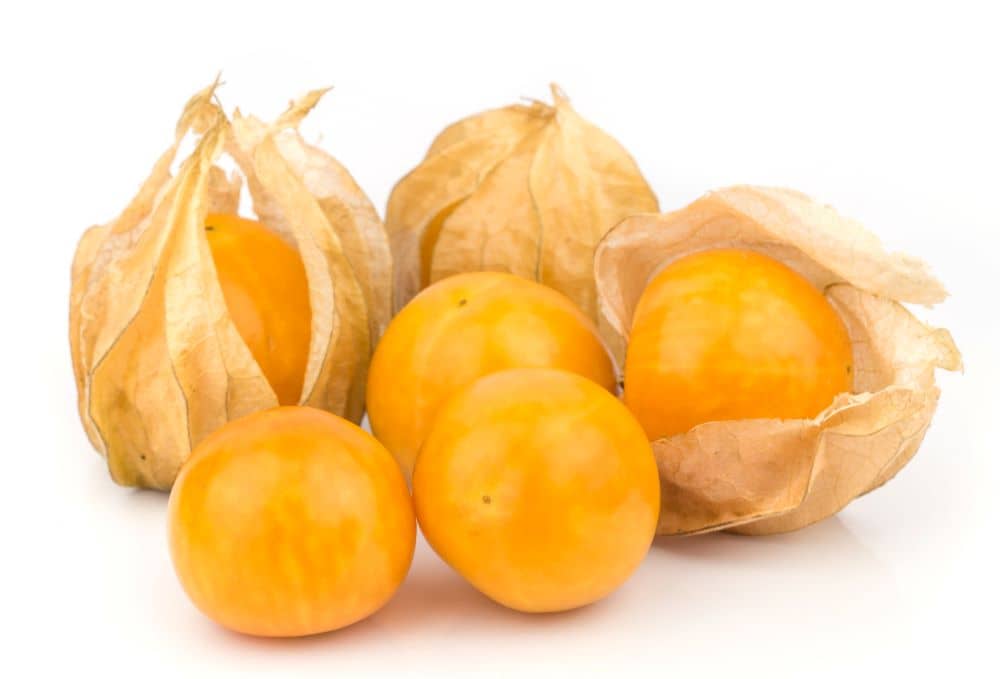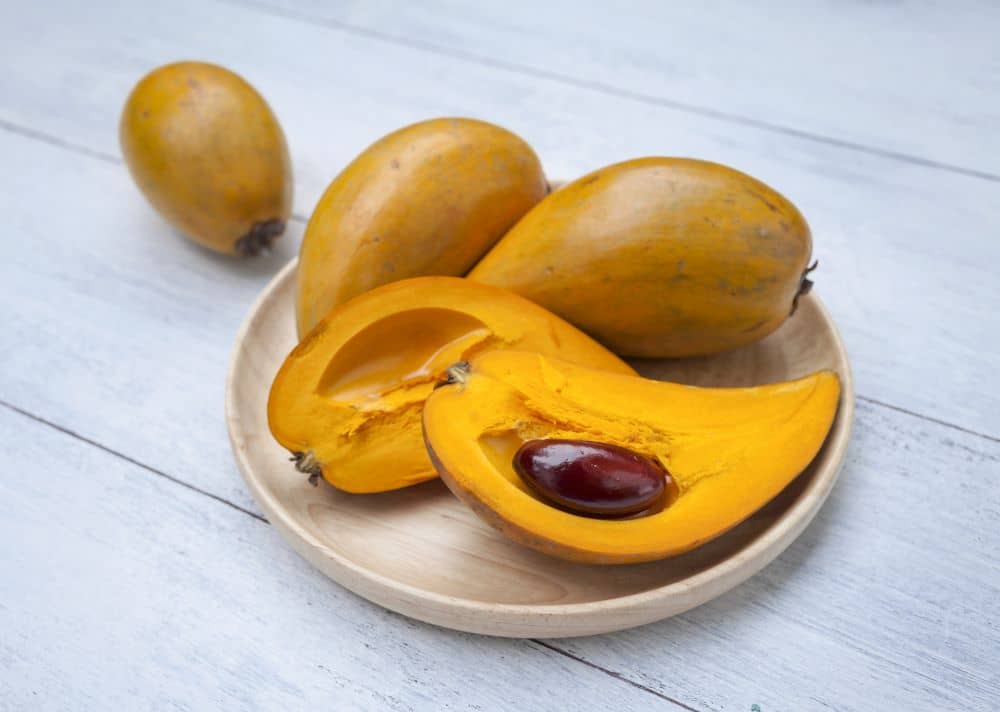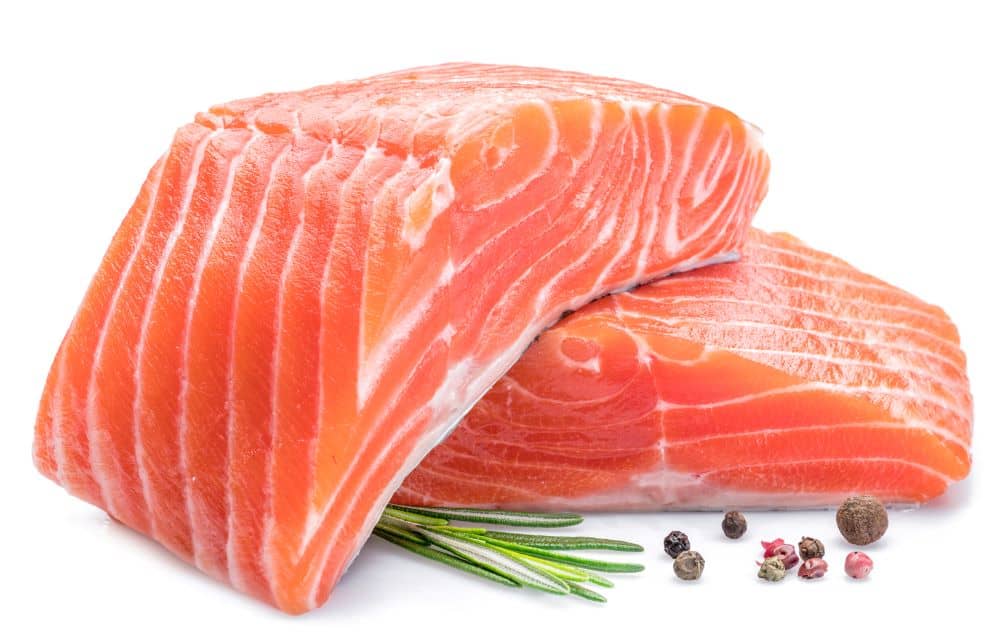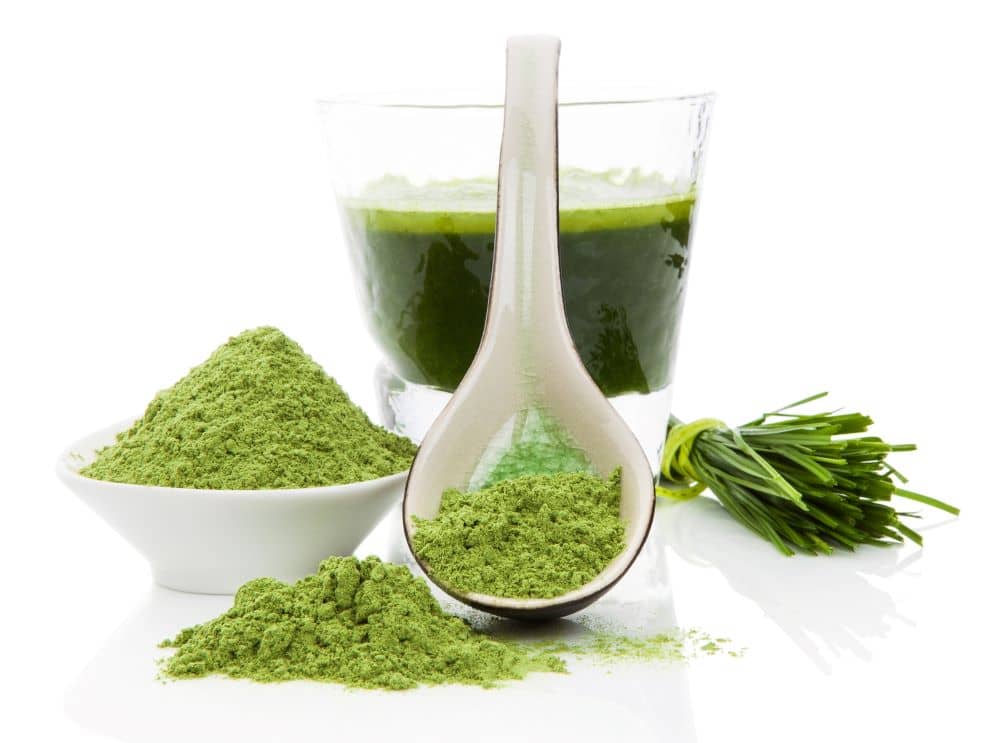Superfoods From A-Z: The Ultimate Guide to the Healthiest Foods on the Planet
The food we eat plays a vital role in how we look and feel. We all know the importance of regular exercise as part of a healthy lifestyle, but did you know that nutrition may play an even larger role in our health than fitness?
Along with focusing on whole, unprocessed foods, protein, healthy carbs, and fresh fruits and vegetables, adding superfoods to your diet can be a great way to step up your nutrition. Here are some of the top superfoods on the planet and what makes them so healthy.
The World’s Top Superfoods From A to Z
Açaí
Açaí, a small, dark purple berry found in Brazil’s Amazon forest, tastes like a mix of chocolate and berries. This powerhouse berry is packed with a vast array of essential fatty acids, antioxidants, nutrients, vitamins, and minerals.
Apple Cider Vinegar
Raw apple cider vinegar helps promote the production of hydrochloric acid in the stomach and contains beneficial enzymes and probiotics. It is produced by crushing fresh apples and allowing them to ferment in wood barrels.
Apples
“An apple a day keeps the doctor away” is a famous phrase for a reason. Apples feature fibre, antioxidants, vitamin K, manganese, copper, and many other beneficial nutrients.
Aloe Vera
Aloe Vera, a succulent plant, is beloved for its many beneficial properties, a rich source of vitamins, essential fatty acids, enzymes, and minerals. It is also notorious for its ability to naturally help soothe and heal sunburns.
Avocado
Avocados are rich in minerals, healthy fats, nutrients, fibre, and vitamins. Their creamy texture and relatively neutral flavour make them a perfect addition to smoothies as well as a great base for dips.
Baobab Fruit
The African Baobab, a gigantic tree, produces a fruit that is known for its rich source of minerals, vitamins, antioxidants, and fibre.
Beets
Beets owe their striking purple hue to betalian, an antioxidant that may offer a host of health benefits. It also offers vitamins A, B, and C.
Berries
Berries are a true nutritional powerhouse featuring a host of antioxidants, nutrients, vitamins, minerals, and a good source of fibre.
Some of the most popular berries include:
- Strawberries
- Raspberries
- Blueberries
- Cranberries
- Blackberries
- Mulberries
Blue-Green Algae
Blue-green algae is considered by many to be one of nature’s top nutritional powerhouses. As the base of the entire food chain, it plays a significant part in supporting all life forms. It is packed with amino acids, essential fats, minerals, and vitamins, and is also one of the richest sources of natural vegetable protein on the planet.
Sprouted Brown Rice Protein
Sprouted brown rice protein, a great option for vegans, contains highly digestible minerals, enzymes, vitamins, and amino acids.
Cacao
Cacao, the purest raw form of chocolate, is one of the highest natural sources of antioxidants and magnesium. It also contains chromium, iron, and manganese.
Camu Camu
Camu Camu, grown in Peru, boasts one of the highest Vitamin C — a powerful antioxidant — levels on the planet.
Carob
Carob powder comes from carob pods, a member of the legume family. Used for thousands of years, it contains more calcium than milk. With a naturally sweet flavour, it can make an excellent alternative to chocolate.
It also contains:
- Protein
- Phosphorus
- Magnesium
- Iron
- Barium
- Nickel
- Copper
- Vitamins A, B, B2, B3, and D
Along with the host of vitamins and minerals it contains, carob powder is free of:
- Caffeine
- Other stimulants such as theobromine
- Oxalic acid
Cayenne
Cayenne is a spicy, red chilli pepper that is packed with vitamin A, C, and B complex. It helps stimulate hydrochloric acid production to support healthy digestion. The capsaicin found in cayenne peppers also boasts a variety of health benefits.
Cherries
Cherries are small stone fruits that come in two main categories — tart or sweet. They can range in colour from yellow to deep red.
Cherries are highly nutritious and offer vitamins, minerals, magnesium, Vitamin K, copper, and fibre. They are also rich in anti-inflammatory compounds, polyphenols, and antioxidants.
Chia Seeds
Chia seeds are tiny powerhouses full of:
- Omega 3 fatty acids
- Protein
- Calcium
- Fibre
- Antioxidants
- Zinc
- Iron
- Magnesium
With their rich nutritional profile, chia seeds served as a main component of the diet of Aztec warriors. They are extremely versatile and fun to work within the kitchen. Chia seeds can be added to oatmeal or smoothies, used as a shake thickener, or to make a healthy chia seed pudding with.
Chlorella
Chlorella, single-celled green algae, boasts extremely high levels of magnesium and chlorophyll. It is also a source of complete protein.
Cinnamon
Long used in Chinese medicine and Ayurveda, cinnamon is known as a healing herb that is believed to offer a host of health benefits thanks to its antioxidant content.
Coconut Butter and Coconut Oil
Coconut is bursting with healthy fats, vitamins, minerals, and fibre. It is also believed to contain potent anti-fungal and anti-microbial properties.
Dark Leafy Greens
Dark leafy greens provide:
- Vitamin C
- Fibre
- Anti-inflammatory compounds
- Magnesium
- Iron
- Zinc
- Folate
- Antioxidants
Some excellent dark leafy green options include:
- Spinach
- Kale
- Swiss chard
- Turnip greens
- Collard greens
Dates
Dates offer a variety of vitamins, minerals, potassium, copper, magnesium, and selenium. They can also be made into date paste to serve as a healthy, natural sugar substitute in baked goods.
Durian
Durian, a creamy, decadent fruit native to Thailand, is known for its rich supply of vitamins and minerals. It is also a good source of the amino acid tryptophan, an essential component for the product of the neurotransmitter serotonin.
Eggs
Eggs offer high-quality protein, selenium, Vitamin A, and B vitamins, phosphorus, choline, and iron. They are also one of the few food sources of Vitamin D, a crucial nutrient. Eggs also boast two antioxidants, lutein and zeaxanthin.
Flaxseed Oil
Flaxseed oil is produced by cold pressing dried flax seeds. Flax oil contains important fatty acids such as Omega 3s and alpha-linoleic acid(ALA).
*Because of their high content of phytoestrogens, it is often recommended to use the guidance of a health professional or your doctor when consuming flaxseeds.
Garlic
Garlic is a potent food featuring Vitamin C, vitamin B6, fibre, selenium, and other key nutrients. It also contains sulphur compounds that may offer a host of health benefits.
Ginger
Ginger has been used for years as both a culinary ingredient and for its possible medicinal benefits. It contains gingerol, an antioxidant, and a variety of other beneficial nutrients.
Gingko Biloba
Gingko Biloba is one of the oldest living species on the earth. It has long been used for a variety of potential health benefits. As with any herbs, it is always important to be aware of potential side effects.
Ginseng
Ginseng, an adaptogenic herb, is beloved for its many potential health properties. It contains powerful antioxidants and two significant compounds: gintonin and ginsenosides.
Goji Berry
Goji Berries, also called Lyceum berries, are tiny berries boast more Vitamin C than oranges and more iron than spinach. They contain 21 trace minerals, a variety of vitamins, and zeaxanthin.
Goldenberry 
Goldenberries, also known as Incan Berries, are tangy with a hint of sweetness and are packed with:
- Vitamin A
- Vitamin C
- Phosphorous
- Niacin
- Iron
- Pectin
Grapes
Grapes offer Vitamins C and K, resveratrol, beta-carotene, as well as other vitamins and antioxidants. With their natural sweetness, they make a delicious healthy snack.
Green Tea
Green tea is revered as one of the healthiest foods on the plane thanks to its content of bioactive compounds, polyphenols, and antioxidants such as epigallocatechin-3-gallate (EGCG), catechin with a variety of proven benefits.
Hemp Seeds
Hemp seeds are a true power food, complete with Omega 3 fatty acids, Vitamin E, fibre, a variety of minerals, amino acids, and vitamins. They offer a subtle nutty flavour and make a great addition to smoothies, oatmeal, cookies, or just about anything!
Kefir (And Yogurt)
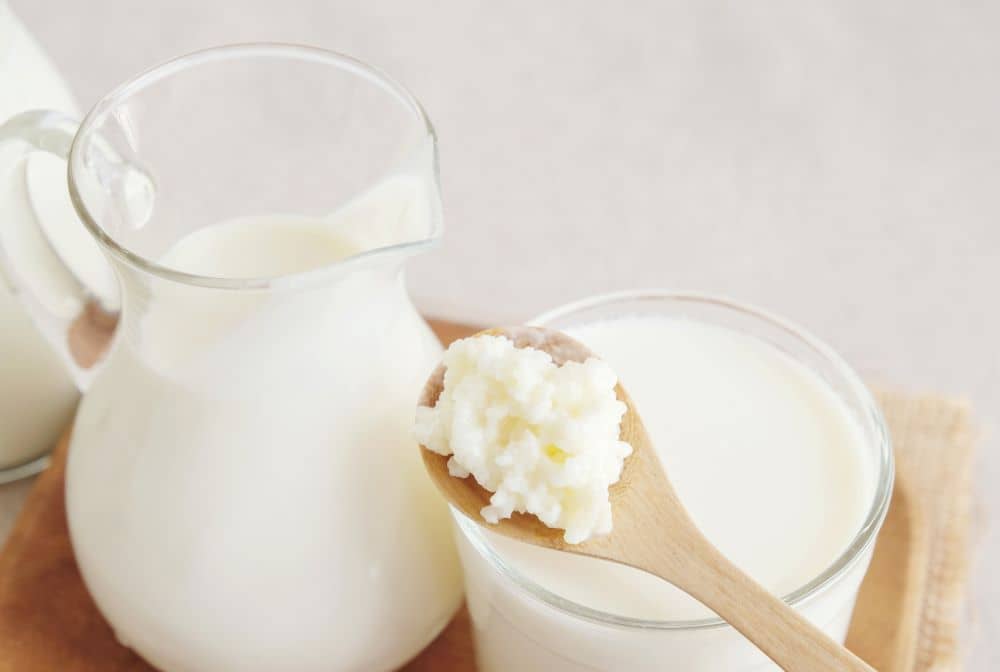
Both kefir and yogurt are excellent for adding probiotics to your diet. Though kefir is traditionally made from cow’s milk, it’s typically well tolerated by people with lactose intolerance due to the fermentation of the lactose by bacteria.
Kefir can be bought from the store or you can try making your own kefir. Although cow’s milk is most common, kefir can also be made using dairy alternatives such as coconut water, coconut milk, or rice milk. If purchasing commercial kefir, be sure to read the ingredient list and watch out for brands that contain excessive amounts of added sugar.
Kiwi
Aside from a sky-high amount of vitamin C, kiwis are also an excellent source of folate. With a slightly tangy, sweet flavour, kiwis make a perfect addition to smoothies, yogurt, oatmeal, or on their own as a healthy snack.
Kombucha
Kombucha is a fermented tea rich with enzymes and probiotics. It can be purchased in the store or you can even make your own kombucha.
Legumes
Legumes include plant foods such as alfalfa, peanuts, peas, beans, and lentils. They are loaded with plant-based protein, nutrients, fibre, B vitamins, and a variety of minerals.
Lemons
Like other citrus fruits, lemons are loaded with Vitamin C. They also contain antioxidants known as flavonoids.
*To reap the most benefits from lemons, consider pairing them with a food high in iron such as red meat or leafy greens.
Lucuma
Lucuma is a delicious fruit, native to the Andes, that has been enjoyed for thousands of years for its nutritional content as well as its creamy flavour. It contains healthy doses of fibre, vitamins and minerals and is especially high in beta carotene, iron and niacin (vitamin B3). Lucuma is an excellent addition to smoothies, ice cream and other raw desserts.
Maca
Maca is a potent adaptogen that may offer a host of health benefits. It includes nutrients, minerals, and vitamins such as iron, iodine, and flavonoids. It can be found in powdered form to add to smoothies or meals.
Mushrooms
Edible mushrooms such as portobello, button, shiitake, oyster, and cremini contain a range of important vitamins, minerals, nutrients, and unique antioxidants. As a bonus, mushrooms are also a sustainable food source since agricultural waste can be used to grow them.
Noni
Noni, a tall flowering tree shrub and evergreen that is part of the coffee family, has long been used for a variety of health benefits. Every single part of the plant is usable and can be used for different purposes. It is commonly consumed in the form of juice.
Nutritional Yeast
Nutritional Yeast features a natural cheesy taste that is beloved by vegans for the flavour it adds and the unique plant-based source of Vitamin B12 it provides. It is a wonderful food to experiment with and can be sprinkled over popcorn, rice, quinoa, or whatever you desire. It also contains pre-biotics, BCAA’s, glutathione, and trace minerals.
Olive Oil
Olive oil is a natural oil that comes from the fruit from olive trees. It is a main component of the Mediterranean diet and features high levels of polyphenolic compounds and monounsaturated fatty acids (MUFAs). It also contains antioxidants such as vitamins K and E.
Pomegranate
Pomegranate is a delicious fruit with ruby red seeds that provide vitamin C, antioxidants, potassium, and a host of other nutrients.
Radishes
With their peppery flavour and crunchy texture, radishes make a perfect addition to sandwiches, salads, and more. They boast vitamins, minerals, and potent compounds such as anthocyanins.
Rooibos Tea
Rooibos tea is notorious for its high concentration of polyphenols and antioxidants. It is naturally free of caffeine and low in tannins, making it the perfect tea to sip throughout the day.
Salmon
Salmon offers an array of vitamins and minerals, high-quality protein, astaxanthin (a powerful antioxidant), and a rich source of Omega 3 fatty acids.
Spirulina
Spirulina is considered by many to be one of the most nutritious food sources known to man. This blue-green alga offers a complete protein rich in B vitamins.
Sweet Potatoes
Although often thought of as a humble root vegetable, sweet potatoes boast fibre, vitamins A and C, potassium, and a host of other nutrients. Sweet potatoes are also a good source of carotenoids, a potent antioxidant.
Tomatoes
Thanks to the discovery of lycopene, a carotenoid that offers a host of health benefits and gives tomatoes their red colour, tomatoes boast the title ‘superfood’. Lycopene acts as a potent antioxidant, scavenging and neutralizing harmful free radicals.
Turmeric
Turmeric- the spice that gives curry its vibrant yellow colour, has been used as a powerful anti-inflammatory compound for centuries in Indian and Chinese medicine. It contains powerful bioactive compounds such as curcumin, a potent antioxidant.
*Turmeric is poorly absorbed, but studies show that consuming black pepper with it can boost absorption.
Watermelon
Consisting almost exclusively of water, it is no surprise that water comes in at just under 50 calories a cup. With natural sweetness and its high water content, it is arguably the perfect summer snack.
Watermelon is an excellent source of lycopene and is high in vitamins A and C. It also contains the amino acid citrulline, a precursor to arginine.
Wheatgrass
Wheatgrass is often used as a detoxifying and alkalizing green. In terms of nutritional value, just one ounce of wheatgrass boasts the equivalent of over two pounds of green vegetables.
What Are Your Favorite Superfoods?
Which of these superfoods do you already include in your diet? Are there any you are hoping to try? Did we miss any of your favourites? We would love to hear from you in the comments.

